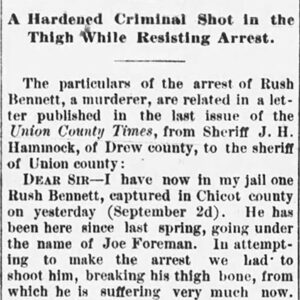 Bennett Capture Story
Bennett Capture Story
Entry Category: Law - Starting with B
 Bennett Capture Story
Bennett Capture Story
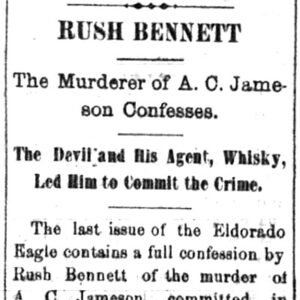 Bennett Confession Story
Bennett Confession Story
Bennett, Bruce
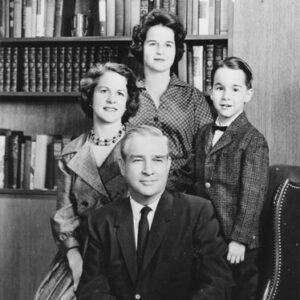 Bruce Bennett
Bruce Bennett
Bennett, John E.
Bennett, Rush (Execution of)
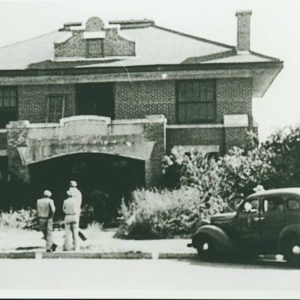 Benton City Jail
Benton City Jail
 Benton Work Release Center
Benton Work Release Center
Berryman, Peter (Lynching of)
 Bethune Family Christmas Card
Bethune Family Christmas Card
Bethune, Edwin Ruthvin (Ed), Jr.
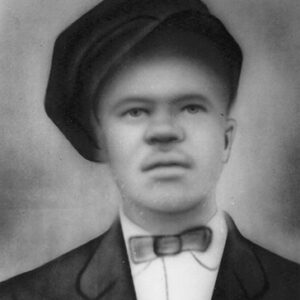 "Son" Bettis
"Son" Bettis
Billy, John (Execution of)
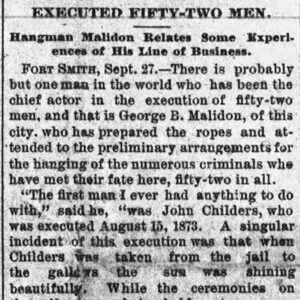 John Billy Execution Article
John Billy Execution Article
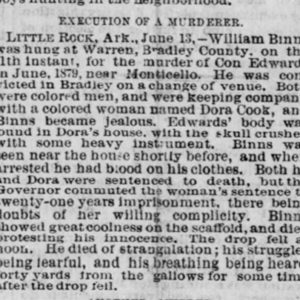 Binns, William (Execution of)
Binns, William (Execution of)
Binns, William (Execution of)
Biscoe Family (Lynching of)
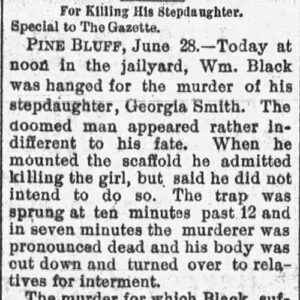 Henry Black Execution Article
Henry Black Execution Article
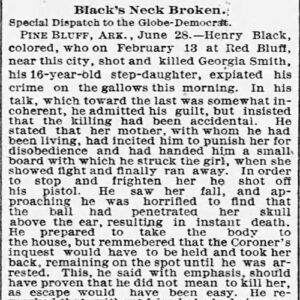 Henry Black Execution Article
Henry Black Execution Article
Black, William (Execution of)
aka: Henry Black (Execution of)
Blakely, Joe (Lynching of)
Blalock, Jerry (Execution of)
Bland, Hugh M
Blazes, Albert (Lynching of)
aka: Albert Blades (Lynching of)
Blockbusting
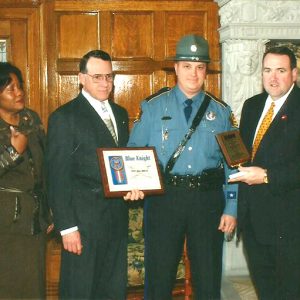 Blue Knight Award
Blue Knight Award
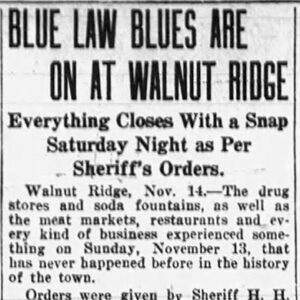 Blue Law Closings
Blue Law Closings
Blue Laws
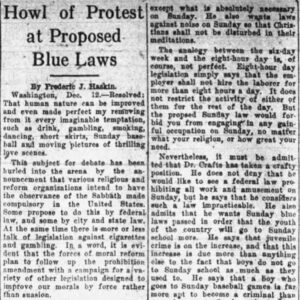 Blue Laws
Blue Laws
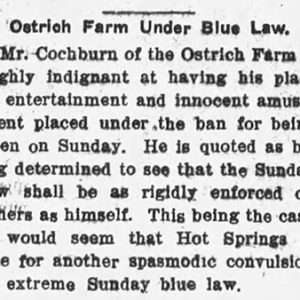 Blue Laws Article
Blue Laws Article
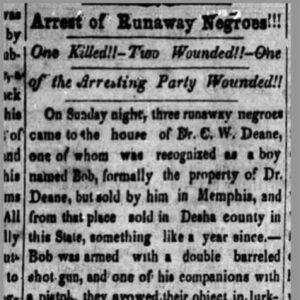 Bob Lynching Story
Bob Lynching Story
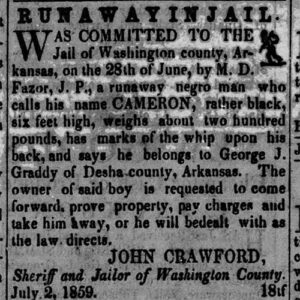 Bob Lynching Story
Bob Lynching Story
Bocage, Joseph William
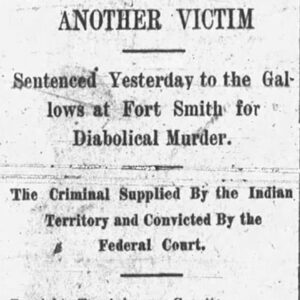 Bogle Execution Story
Bogle Execution Story
Bogle, Gus (Execution of)
Bohlinger, Neill
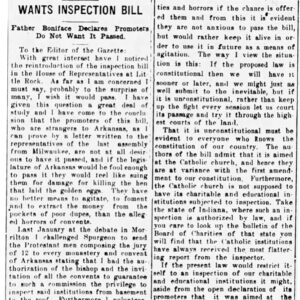 Boniface Letter
Boniface Letter
Bonnie and Clyde
aka: Barrow Brothers
aka: Barrow Gang
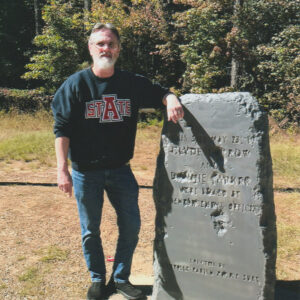 Bonnie and Clyde Ambush Monument
Bonnie and Clyde Ambush Monument
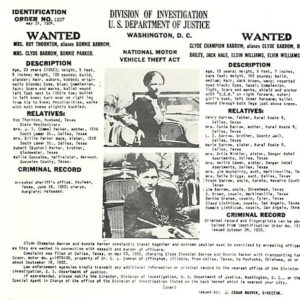 Bonnie and Clyde Wanted Poster
Bonnie and Clyde Wanted Poster
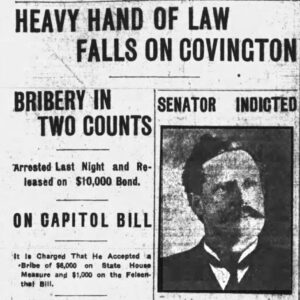 Boodle Indictment of Covington
Boodle Indictment of Covington
Boodle Prosecutions
aka: Boodle Scandal of 1905–1908
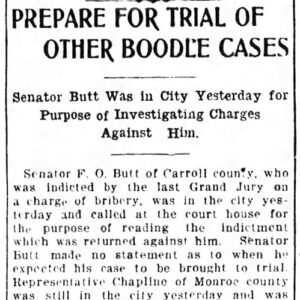 Boodle Indictment of Butt
Boodle Indictment of Butt
Booker, Joseph Robert
 Boone County Lynching
Boone County Lynching
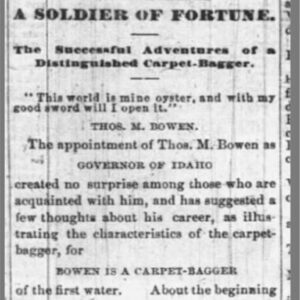 Thomas M. Bowen Story
Thomas M. Bowen Story
Bowen, Thomas Meade
 William H. Bowen
William H. Bowen




